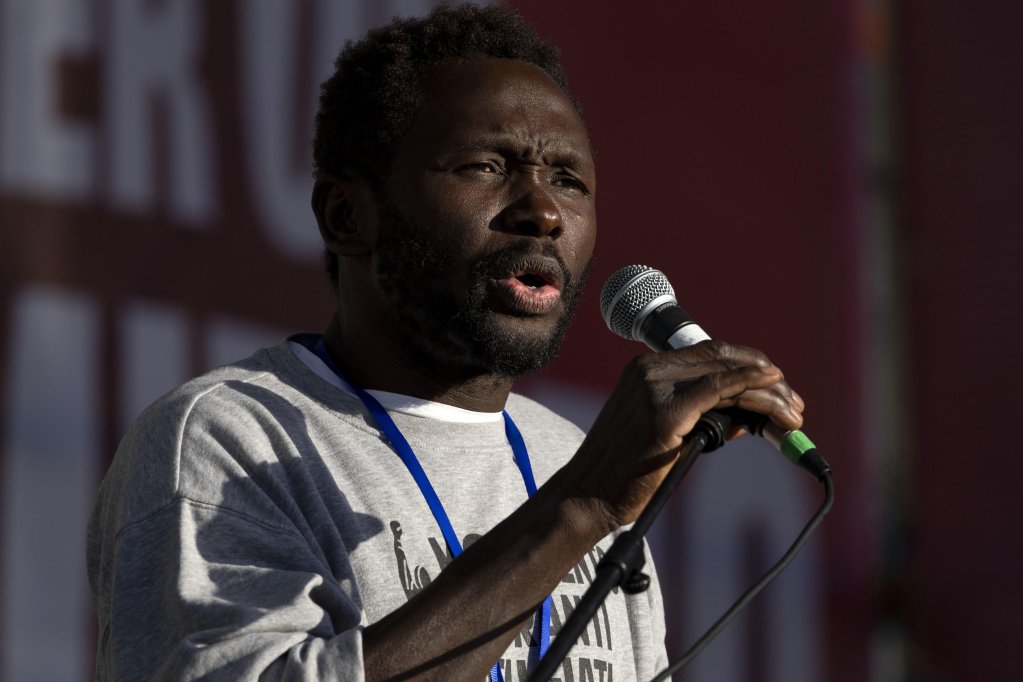Mamadou Kouassi, an Ivorian immigrant to Italy, has shared his experiences in a new documentary, shedding light on the challenges faced by irregular migrants in Europe. His journey inspired Matteo Garrone’s Oscar-nominated film Io Capitano, but Kouassi emphasizes that reaching Europe is only the first step in a much longer struggle.
His story is featured in a 20-minute documentary directed by Andrea Fantino for the Fieri-Torino association under the DignityFirm project. Titled Mamadou Kouassi Pli Adama. La lotta della migrazione (The Struggle of Migration), the film was first presented in November 2024 at the Rosarno Film Festival and later screened at the University of Trento on February 21. The documentary focuses on the difficulties faced by migrants after arriving in Europe, particularly those without legal stay permits.
Kouassi explained that many believe the hardest part of migration is the journey across the Mediterranean. However, once in Europe, migrants face a “second journey”—the struggle to survive without proper documentation. “Without a stay permit, we become invisible and disposable. We have no voice in discussions about integration,” he told ANSA.
The documentary also highlights the exploitation of migrant farmworkers in Italy. Many are forced to work under poor conditions, with little or no legal protection. The film aims to raise awareness of these issues and push for better policies to support migrants.
Kouassi now lives in Castel Volturno, in Italy’s Caserta province, where he works as a cultural mediator and serves as vice president of the Migrants and Refugees Movement. He has been an advocate for migrant rights since 2009 and continues to speak out against policies that make life harder for those seeking refuge in Europe.
Criticizing recent migration policies, Kouassi argued that the Italian government has failed to provide real solutions. “It is absurd to take people who survived Libya and Tunisia to Albania after they have already endured so much,” he said. He believes that instead of spending money on migrant detention centers in Albania, funds should be used to support integration efforts within Italy. “We need practical solutions that give people the freedom to travel and build their lives,” he added.
The choice to premiere the documentary in Rosarno carries significant meaning. In 2010, the town witnessed violent riots against African migrants, leading to widespread unrest. Kouassi, who was in Rosarno at the time, recalled how authorities forced migrants to leave.
Despite these hardships, Kouassi remains determined to fight for justice and dignity, not only for migrants but for all marginalized people. “For me, presenting this documentary is a source of great pride,” he said. Through his work, he hopes to change perceptions and push for fairer treatment of migrants across Europe.

